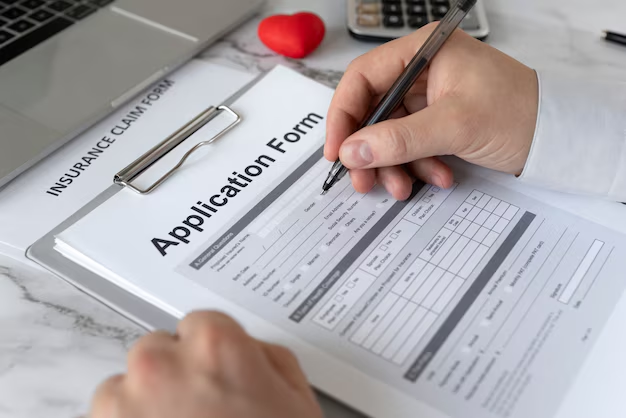Applying for a PhD is a significant step toward advancing your academic and professional goals. The process can be complex, requiring careful preparation, research, and organization. This guide will help you successfully navigate the PhD application process and maximize your chances of acceptance into your desired program.
Why Pursue a PhD?
Before diving into the application process, it’s important to understand your motivations for pursuing a PhD. Common reasons include:
- Academic Passion: A desire to deepen your expertise in a specific field.
- Research Opportunities: Interest in conducting original research and contributing to knowledge.
- Career Advancement: Qualifying for academic, research, or leadership roles.
Having clear goals will help you stay focused and articulate your motivations effectively in your application.
Steps to Navigate the PhD Application Process
1. Choose the Right Program
Start by identifying programs that align with your academic interests and career aspirations. Factors to consider include:
- Field of Study: Ensure the program offers strong expertise in your area of interest.
- Faculty: Research potential advisors whose work aligns with your goals.
- Resources: Consider the availability of funding, facilities, and research opportunities.
2. Understand the Requirements
PhD application requirements vary by program but typically include:
- Academic Qualifications: A bachelor’s or master’s degree in a relevant field.
- Standardized Tests: GRE, GMAT, or field-specific exams. International students may need TOEFL or IELTS scores.
- Statement of Purpose (SOP): A document outlining your academic background, research interests, and motivations.
- Letters of Recommendation: From professors or professionals who can vouch for your abilities.
- Writing Samples or Portfolio: In some disciplines, such as humanities or arts.
3. Research Potential Advisors

The relationship with your PhD advisor is crucial to your success. Take these steps to identify the right mentor:
- Review Their Work: Read their publications and identify shared research interests.
- Reach Out: Email potential advisors with a brief introduction and express your interest in working with them.
- Engage Thoughtfully: Ask specific questions about their work and the program.
4. Prepare a Strong Application Package
Craft compelling application materials:
- Statement of Purpose: Highlight your academic journey, research goals, and reasons for choosing the program.
- Resume or CV: Include academic achievements, research projects, and relevant experience.
- Recommendation Letters: Choose referees who know your work well and can provide strong endorsements.
5. Ace the Interview (If Required)
Some PhD programs require an interview as part of the selection process. Prepare by:
- Researching the Program: Demonstrate familiarity with the department and faculty.
- Articulating Your Goals: Be clear about your research interests and career aspirations.
- Asking Questions: Show genuine interest in the program and its offerings.
6. Apply for Funding
PhD programs often provide funding through:
- Assistantships: Teaching or research roles with stipends and tuition waivers.
- Fellowships: Merit-based awards for outstanding candidates.
- Grants: Project-specific funding from internal or external sources.
Ensure you apply for scholarships or assistantships as part of your application.
7. Submit Applications Early
Deadlines for PhD applications can vary, and some programs have rolling admissions. Submitting early ensures your application is considered fully.
Tips for Success
- Start Early: Begin planning at least a year in advance to research programs, prepare for tests, and gather materials.
- Be Organized: Keep track of deadlines, requirements, and application statuses.
- Tailor Your Application: Customize each application to highlight your fit with the specific program.
- Seek Feedback: Share your SOP and other materials with mentors or peers for constructive input.
- Stay Resilient: Rejections are common in competitive programs—use feedback to improve.
Conclusion
Navigating the PhD application process successfully requires careful planning, thorough research, and a clear presentation of your qualifications and aspirations. By starting early and staying organized, you can position yourself as a strong candidate and take a crucial step toward achieving your academic and professional goals.
FAQs
1. How long does the PhD application process take?
It typically takes 6–12 months, depending on preparation and application deadlines.
2. Do I need a master’s degree to apply for a PhD?
Not always. Some programs accept candidates directly after a bachelor’s degree.
3. How can I improve my chances of acceptance?
Build a strong academic record, gain research experience, and tailor your application to the program.
4. Is funding always available for PhD programs?
Many programs offer funding, but availability varies. Explore fellowships, assistantships, and grants.
5. What if I’m unsure about my research topic?
You don’t need a finalized topic, but having a clear area of interest will strengthen your application.


